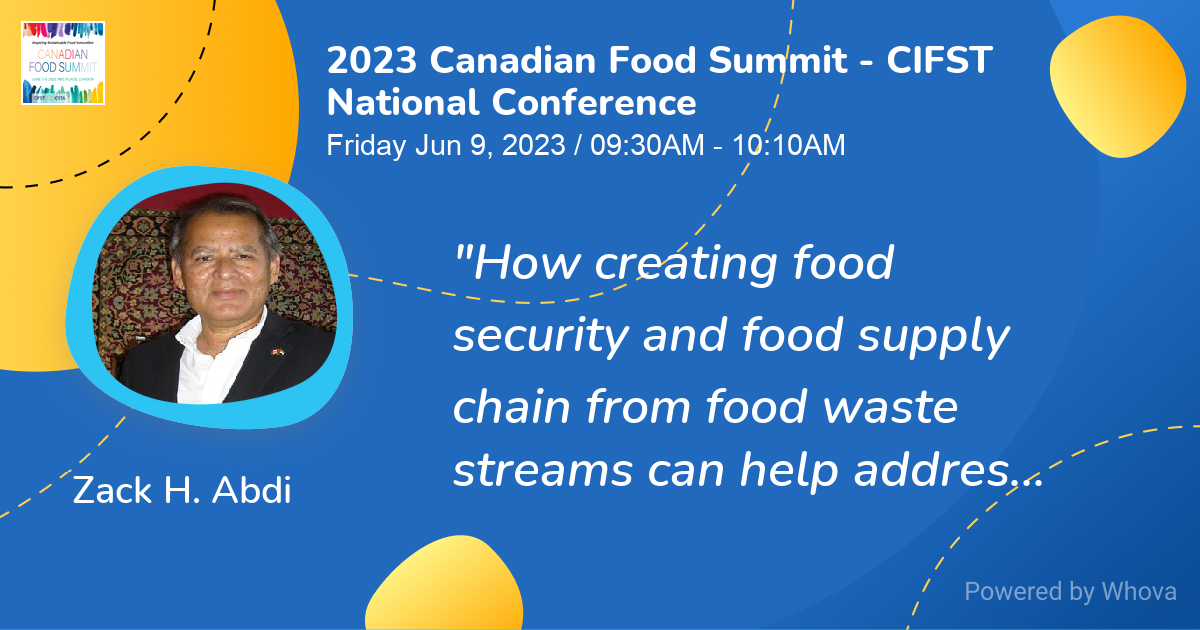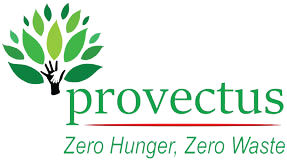Empowering Sustainability
Understanding the Impact of Food Waste
Every year, billions of tons of food waste end up in landfills, contributing to greenhouse gas emissions, water pollution, and the depletion of valuable resources. According to the Food and Agriculture Organization (FAO), approximately one-third of all food produced globally is wasted, translating to about 1.3 billion tons of food annually. This waste not only squanders the resources used in food production—such as water, land, and energy—but also exacerbates climate change by releasing methane, a potent greenhouse gas, as it decomposes in landfills.
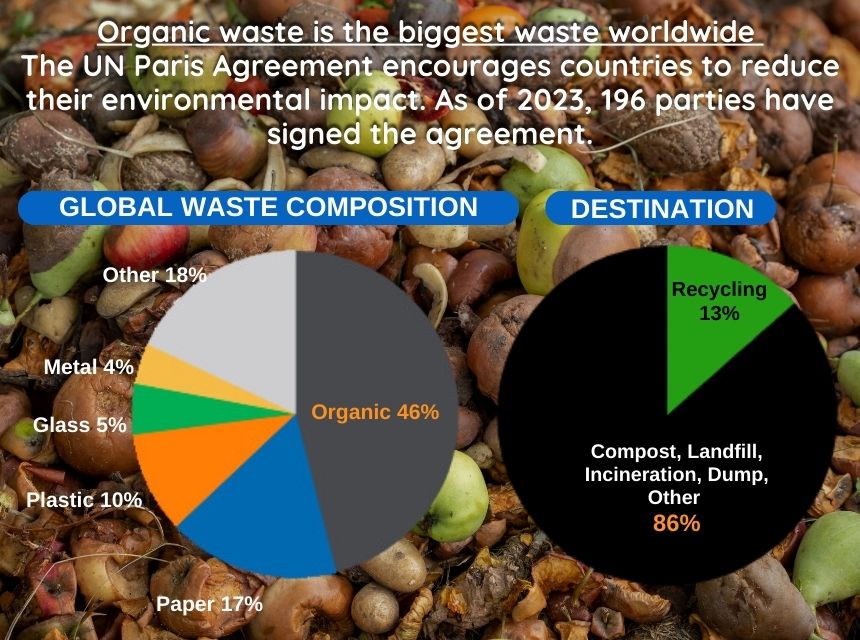
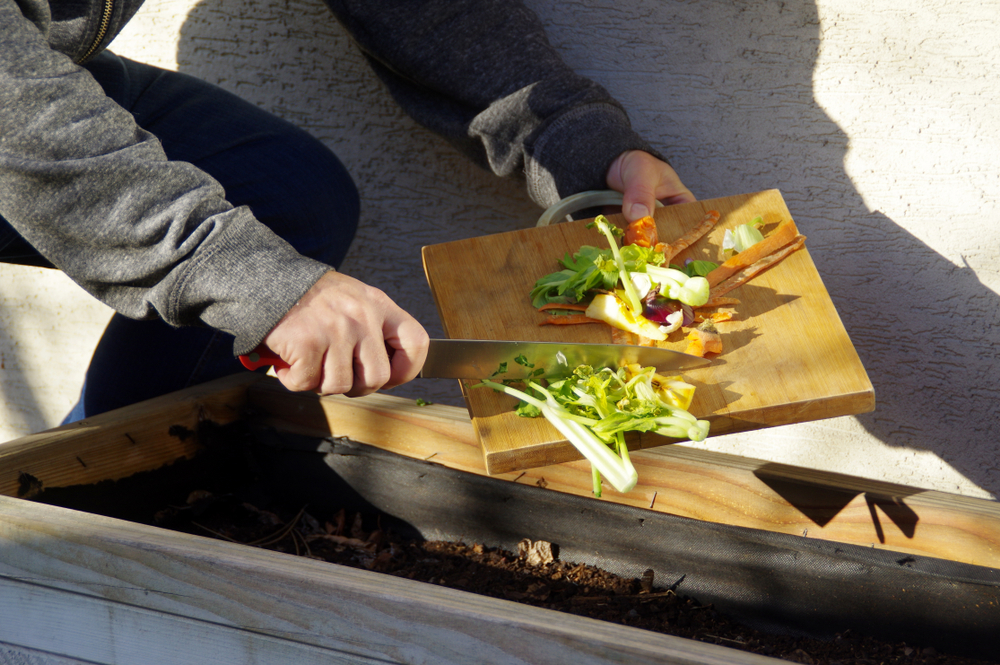
The Social and Economic Consequences
Food waste has profound social implications, particularly in communities facing food insecurity. While millions struggle to access sufficient, nutritious food, perfectly good food is discarded, highlighting the urgent need for solutions that address both waste management and food distribution. Economically, the costs associated with waste disposal, lost resources, and environmental degradation strain municipal budgets and hinder community development. The challenge we face is not merely one of waste, but of transforming this waste into a resource that can benefit society.
The Journey of Food Waste
From Plate to Waste: The Challenge of Food Waste
Food waste begins at the consumer level, where uneaten food is discarded. This waste often ends up in landfills, creating a cycle of loss that impacts not only the environment but also local economies and communities. The challenge lies in transforming this waste into a resource that can contribute positively to society. The ZED Machine seeks to interrupt this cycle by converting waste back into valuable inputs for agriculture and community use.
A Sustainable Revolution
The ZED Machine is more than just a waste processing unit; it is a holistic solution that transforms food waste into valuable resources. Utilizing cutting-edge technology, the ZED Machine rapidly dehydrates food waste, converting it into 100% pathogen-free water and sterile biomass.


This innovative process not only mitigates the environmental impact of waste but also generates resources that can be utilized for agricultural and community development, effectively closing the loop on food waste.
The ZED Machine rapidly dehydrates organic food waste, which contains 80 to 85% moisture, without any additives like bacteria or water. Unlike aerobic digestion, it uses advanced technology to efficiently convert waste into 100% pathogen-free water and sterile biomass, maximizing resource recovery and minimizing environmental impact.

Rapid Dehydration
The ZED Machine employs advanced dehydration technology to efficiently reduce the volume of food waste. This process minimizes the weight and bulk of the waste, making it easier to handle and transport.

Pathogen Elimination
Through a proprietary process, the machine ensures that the resulting water and biomass are completely free of pathogens, making them safe for agricultural use. This is crucial for protecting public health and ensuring that the resources produced can be used without risk.

Resource Recovery
The sterile biomass can be repurposed as a nutrient-rich input for soil enhancement, while the pathogen-free water can be utilized for irrigation and other community needs. This dual output not only supports agricultural productivity but also conserves water resources.
Provectus Food Waste Recycling Solution: Making a Difference
Our innovative food waste recycling solution is revolutionizing waste management by transforming organic waste into valuable resources. By creating sustainable food supply chains and generating pathogen-free water, we are addressing critical food security and environmental challenges. Together, we are fostering a circular economy that promotes resilience and sustainability in our communities.
The ZED Machine transforms waste food into edible items, creating food supply chains that reduce waste and enhance community nutrition.
Tackle water stress and reduce the water footprint in communities, providing a sustainable source of water for irrigation and other uses.
Enhance soil health and promote sustainable farming, helping farmers adapt to changing climatic conditions and improve crop yields.
Transform waste into valuable resources, promoting sustainability and reducing reliance on finite materials.
Reduce the amount of waste sent to landfills, curbing methane emissions and promoting a cleaner environment.
Mitigate the environmental impact of food waste and landfill operations, contributing to global efforts to combat climate change.
Reduce emissions from municipal trucking by processing waste locally, minimizing the carbon footprint associated with waste management.
Empower communities through job creation and economic development, fostering resilience and self-sufficiency.
By transforming food waste into valuable resources, we empower local economies, enhance food security, and contribute to a healthier planet for future generations.
Inspiring Stories of Change
Join us in our mission to create a healthier planet and a more just society. Watch the inspiring story of “No Pumpkins Left Behind” and see how we are making a difference in food security and waste management:
For a closer look at the ZED Machine in action, view our operational video. This video provides insights into the loading and recycling process, showcasing the machine's efficiency and hygiene. Witness firsthand how the ZED Machine operates and the transformative impact it can have on waste management.
Lorem Ipsum is simply dummy text of the printing and typesetting industry.
Lorem ipsum dolor sit amet, consectetur adipiscing elit.
Lorem Ipsum is simply dummy text of the printing and typesetting industry. Lorem Ipsum has been the industry's standard dummy text.

Designation
Lorem ipsum dolor sit amet, consectetur adipiscing elit, sed do eiusmod tempor incididunt ut labore et dolore magna aliqua.

Designation
Lorem ipsum dolor sit amet, consectetur adipiscing elit, sed do eiusmod tempor incididunt ut labore et dolore magna aliqua.

Designation
Lorem ipsum dolor sit amet, consectetur adipiscing elit, sed do eiusmod tempor incididunt ut labore et dolore magna aliqua.
Lorem Ipsum is simply dummy text of the printing and typesetting industry. Lorem Ipsum has been the industry's standard dummy text.

Aquaculture Feed
Lorem ipsum dolor sit amet, consectetur adipiscing elit. Ut elit tellus, luctus nec ullamcorper mattis, pulvinar dapibus leo.
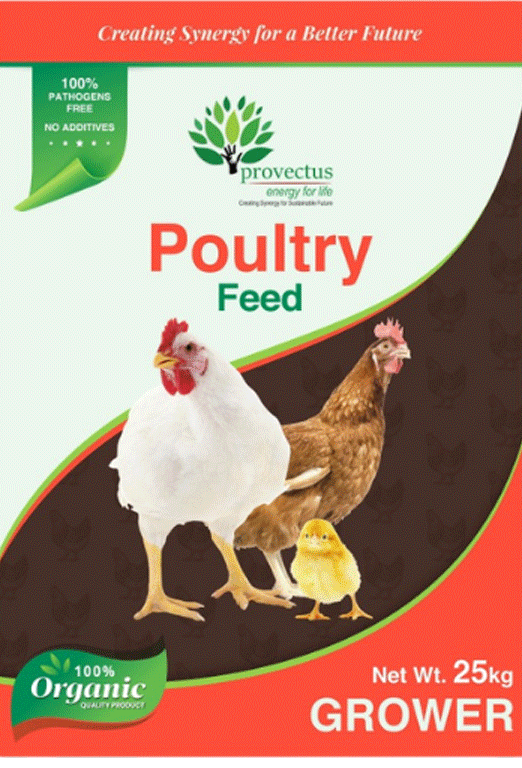
Poultry Feed
Lorem ipsum dolor sit amet, consectetur adipiscing elit. Ut elit tellus, luctus nec ullamcorper mattis, pulvinar dapibus leo.

Soil Amendent
Lorem ipsum dolor sit amet, consectetur adipiscing elit. Ut elit tellus, luctus nec ullamcorper mattis, pulvinar dapibus leo.











World Maritime Day
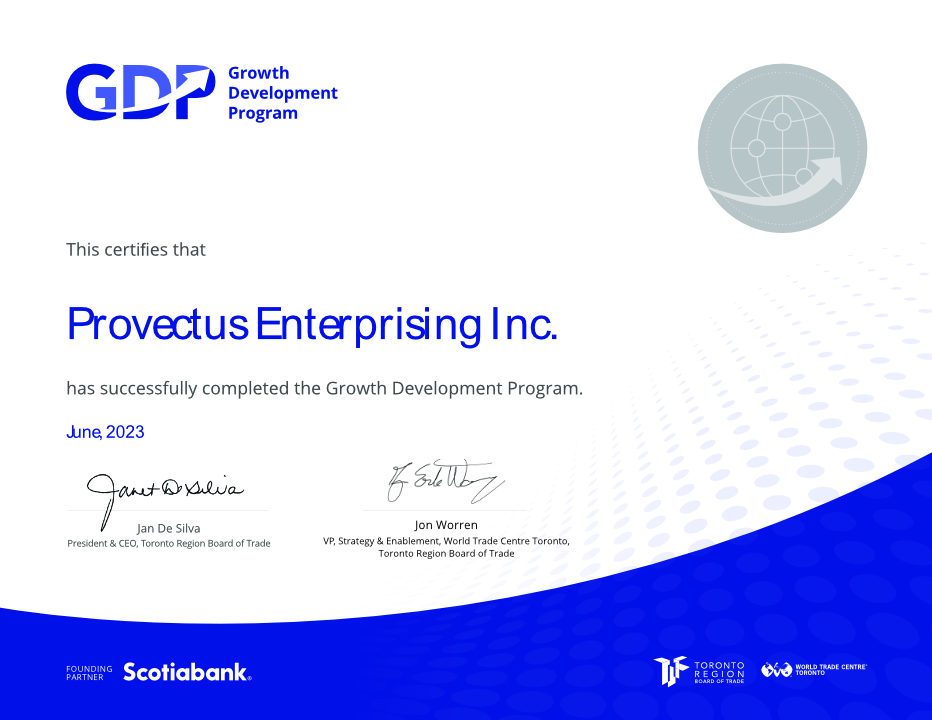
Growth Development Program
